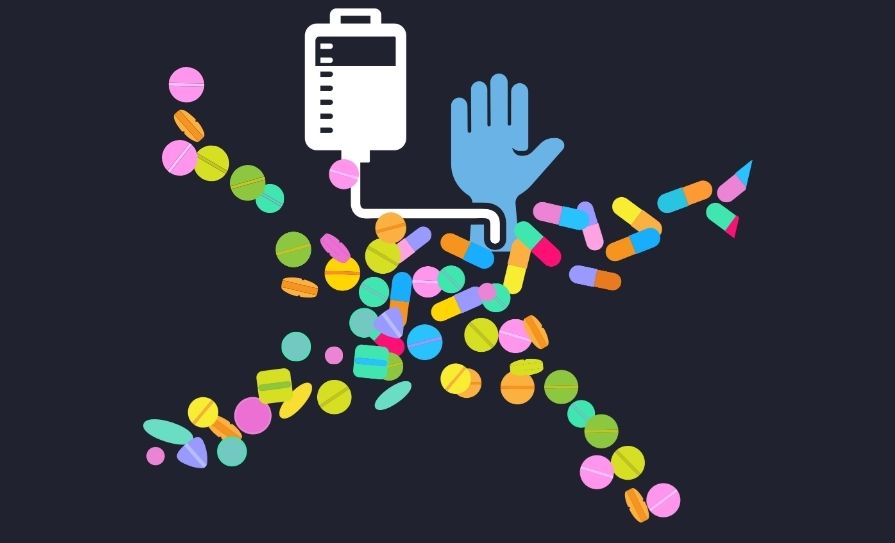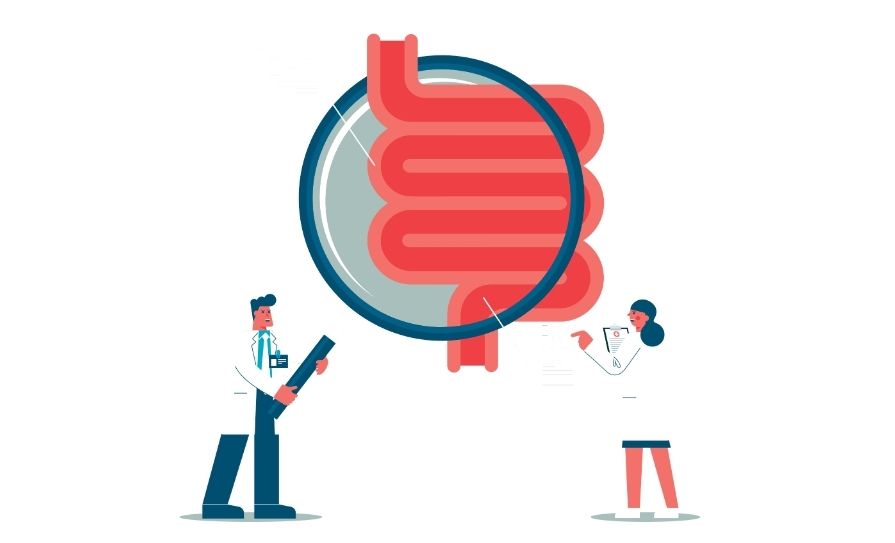This month marks the 25th anniversary of the signing of the Good Friday Agreement, but the mental health consequences of ‘the Troubles’ continue, writes David Lynch
The mental health impact caused by ‘the Troubles’ is still felt in Northern Ireland, the Creative Brain Week 2023 in Trinity College Dublin heard last month.
Dr Ciaran Mulholland, Consultant Psychiatrist with the Northern Health and Social Care Trust and Senior Lecturer in the Centre for Medical Education at Queen’s University Belfast, addressed
the conference.
Dr Mulholland was one of a number of speakers addressing the issue of the impact of conflict and its enduring effects on the health of combatants and civilians. He outlined that the level of violence had fallen significantly since the Good Friday Agreement in 1998, but has not completely ceased. The last 25 years has also witnessed continued political instability, with the local governmental structures in Belfast in existence “only 50 per cent of
the time…so within the agreement, there have been disagreements”.
“My subject is the Troubles in Northern Ireland, the conflict and violence. It is an emotive subject; it affected everyone who lived through that period of time, north and south,” Dr Mulholland told attendees.
“I know when I give these talks my heart rate increases. I do not get nervous about public speaking; it does not bother me. It’s the topic that touches on something dramatic from the past… and it’s important for me to acknowledge that myself, it is something in me and my brain, how it has affected me and marked me.”
Dr Mulholland noted we are “only beginning to have a greater understanding of the neuroscience of what actually happens to the psychologically injured brain… we have to be realistic — we are not going to change everything, we are not going to change world politics through neuroscience, but understanding what happens is very important.”
He added that over recent years “a number of surveys have shown more or less the same thing, which is about 40 per cent of the [Northern Ireland] population had a very direct experience of the conflict, they were personally injured or somebody close to them was injured or died”.
“But the other 60 per cent did not emerge unscathed from the experience… Most people in Northern Ireland kind of discount the minor [incident], or kind of play it down. So if they are asked ‘did the Troubles affect you?’ they will say, ‘Oh no, not really’. But in reality, it might have impacted them in a number of ways.”
Speaking following his speech, Dr Mulholland said in regards to cross-border co-operation on mental health issues arising out of the Troubles, some positive initiatives have occurred. However, progress slowed due to a range of factors, including how often local political institutions north of the border have been in suspension.
“We have had conversations with HSE colleagues on several occasions over the last number of years in regards to cross-border efforts and we agreed in principle that there ought to be something in the south of Ireland which mirrors what we are doing in the north of Ireland,” Dr Mulholland commented.
“But because everything has moved so slowly, we have not pushed forward with that agenda.” He noted “it [cross-border work] is a conversation that we need to re-engage with”, but he said community groups have been working together and “some of those groups work across the border, so they would have clients in the border counties in particular”.
“So we have to come up with creative solutions, but we are just in the early days of trying to make that happen,” he said.
During his address, Dr Mulholland mentioned large population movements that had occurred in the north of Ireland during the era of the Troubles. Is there much known about the mental health legacy of those who left during the conflict and moved to the England, the US or elsewhere?
“There isn’t, but there might be soon,” he explained, noting the development of the so-called ‘Troubles pension’.
Disablement payment
The Troubles Permanent Disablement Payment (TPDP) scheme has been designed to provide those who suffered permanent disablement (either physical or psychological) as a result of an injury caused through no fault of their own, in a Troubles-related incident. The payments are made primarily in acknowledgement of the acute harm which they have suffered. Dr Mulholland said the TPDP scheme was launched 18 months ago and some 3,800 applications had been made so far.
“It is open to anyone in the world who was impacted by what happened in Northern Ireland, if at the time when it happened they were a citizen of the United Kingdom,” Dr Mulholland said. “So we have received several applications from people from Northern Ireland who now live in Australia, America, Europe, mostly in England, Scotland and Wales,” he said.
“It is early days and it’s a pension scheme so we haven’t brought a research gaze to that yet, but we will in time. We might now actually get some information on those who left and the long-term [mental health] consequences. This has not existed before now and that is very important.
“So in two or three years’ time, maybe as early as that, we might be able to say something about that. Maybe we will perhaps have a thousand people who left Northern Ireland and now live somewhere else and we will see the long-term psychological consequences.”
PTSD
The Omagh Bombing of 1998 marked a “turning point in the mental health response” of the health system to violence. He outlined that the aftermath of the Omagh Bomb “changed everything” in the area, with new landmark therapeutic studies into the trial use of trauma-focused cognitive behavioural therapy (CBT) for victims. Dr Mulholland said such studies “demonstrated very strong evidence… that trauma-focused CBT is an effective treatment for PTSD [post-traumatic stress disorder] in civil conflict”.
Eight years ago, he was also involved in the foundation of the regional trauma network north of the border. Dr Mulholland noted progress had been slow, partly because of the political difficulties in the north.
“Everything is so sensitive and so tentative, it is difficult to make the strides forward we would like to make,” he said.
“But, nevertheless, today we have a developing network, which means the statutory services work very closely with our colleagues in the community and voluntary sector.” The network currently works with over 40 voluntary groups.
A series of studies have indicated the scale of the local mental health challenge. Dr Mulholland pointed to global World Health Organisation figures that indicate the continuing existence of significant mental health challenges in Northern Ireland.
“So we do see relatively high rates of common mental health disorders,” he said, listing PTSD, addiction, depression, and anxiety as some examples. A study from a decade ago showed high PTSD levels compared to many other countries. A separate study from just three years ago indicated one-in-20 young people in Northern Ireland had a stress-related mental health disorder.
“One of the things I find very interesting about our history is that the experience of the Troubles meant that Northern Ireland became a world leader in physical trauma care and there are techniques and approaches established in Belfast that have become embedded in trauma care and disaster responses all around the world now,” Dr Mulholland outlined in his talk. However, in contrast, the mental health services in Northern Ireland had “unfortunately not led the world”.
“Why is that? Well, its complex. It’s not that mental health services did not respond. Mental health services and GPs were at times overwhelmed, but in general they held the line during the course of the 1970s and 1980s. Primarily that meant the prescribing of medication. Psychological therapies were not well developed and the scale of the problem was just too difficult,” he said.
“So what did we do? Well, we prescribed a lot.” There were “high rates” of benzodiazepine prescriptions, “especially in the 1970s”.
He noted that “today in the 2020s”, Northern Ireland “has one of the highest rates of antidepressant prescribing in the entire world”.
In the provision of wider mental health services, voluntary community groups did step in, “especially towards the end of the conflict and after the Good Friday Agreement”.
Looking at the role of healthcare staff during the conflict, Dr Mulholland recalled that “we were not immune to the violence; there was violence everywhere”. “There was violence in the hospital setting…shootings and killings in hospitals.”







